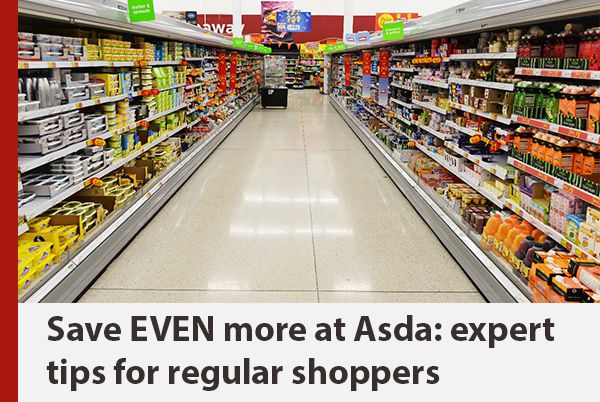Food prices: supermarkets cut bread and butter prices

As the likes of Tesco and Sainsbury's trim the price of some staples, is this a sign that rocketing food price inflation is coming to an end?
A host of supermarkets have trimmed the price of bread and butter this week, sparking hopes that we may be turning a corner when it comes to rocketing food prices.
First to move was Sainsbury’s, which announced an 11% cut on the price of its own-brand soft white medium, wholemeal medium, wholemeal thick and toastie white loaves of bread. As a result, loaf will now set you back 75p.
Alongside that cut, Sainsbury’s has also reduced the cost of its own-brand salted and unsalted butter to £1.89 for 250g, a reduction of 5%.
This was followed by Tesco trimming 10p off its own range of thick bread, white bread, wholemeal medium bread and wholemeal thick bread to 75p, and its butter to £1.89.
And then Lidl did exactly the same, slicing the cost of its bread and butter to those same price points.
Each supermarket said that they were looking to pass on savings wherever possible to shoppers, as the wholesale prices they had had to pay have fallen.
Food price respite is badly needed
There’s no question that every bit of help on our food prices is welcome at the moment.
Official figures show that the price we pay for our food has jumped by more than 19% over the last year, the highest rate seen since Jim Callaghan was Prime Minister in the late 1970s.
The sheer pace of those price increases, at a time when the cost of so many outgoings has also been rising, means that our finances are under incredible pressure at the moment.
This situation has led to our supermarkets unveiling a host of price promotions of late in a bid to keep our custom, such as reduced prices to loyalty scheme members and price matches with cheaper rivals.
Changing habits
Those promotions aren’t enough though, which is why we are already seeing real changes to the way that households go about purchasing food because of these escalating costs.
For example, research from Barclays suggested that around 38% of us ‒ almost two in five ‒ are now going out of our way to pick up ‘yellow sticker’ discounted items in the supermarket.
These are the products that are close to their use-by date, and so have had their price cut in a bid to shift them.
There have been more significant changes too, particularly when it comes to where we are choosing to shop.
The deep discounters are seeing substantial increases to their market share, as shoppers dessert the big names in order to try to reduce their spending at the till.
The latest data from Kantar World Panel shows that since the turn of the year Aldi’s market share has moved from 9.1% to 10.1%, while Lidl’s has moved from 7.2% to 7.6%.
By contrast, Tesco, Sainsbury’s and Morrisons have all seen their market share fall by up to 0.6 percentage points.
Is this the end of food price inflation?
The fact that supermarkets feel able to cut their prices on own-brand items for all customers ‒ and not just members of their loyalty schemes ‒ suggests that at least in some areas wholesale costs are falling.
That’s welcome news, and there is growing optimism that it will continue, for example from the British Retail Consortium.
But only time will tell if food price inflation really is now on the decline.
Besides, even if inflation does fall, that doesn’t mean that the cost at the till will necessarily be any easier to bear ‒ it may be that price increases simply slow down, rather than actually being reversed.
Comments
Be the first to comment
Do you want to comment on this article? You need to be signed in for this feature
